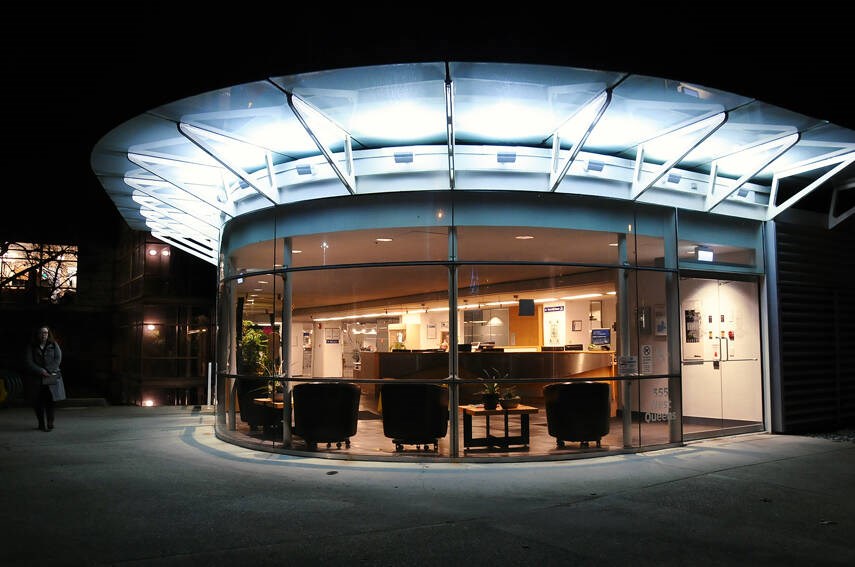District of North Vancouver council is considering a proposed seven per cent tax increase which will hike taxes on an average single-family home by $180.
No members of the public showed up Monday to voice an opinion on the municipality’s draft budget, despite the tax increase proposed being significantly higher than what is typically approved in the district.
Chief financial officer Rick Danyluk called the budget “conservative and realistic” despite the tax increase jumping from last year’s increase of 5.25 per cent.
Historically, the municipality has increased taxes about three per cent per year.
Higher than average construction costs, inflation, the impact of wage increases and costs of dealing with provincial housing policies are all contributing to the increase, said Danyluk.
Coun. Lisa Muri said she is worried about the increase, particularly when added to other tax increases likely coming from other levels of government including Metro Vancouver and the province. Municipal taxes typically account for just over half of property tax bills in the district. “This is a really big increase,” said Muri. “That will be a really big hit on the taxpayer.”
“I think we’re living beyond our means,” Muri added.
Danyluk said the impact of inflation means that even maintaining existing services will cost more.
The challenge comes in keeping taxes as low as possible while also satisfying the demands of constituents, councillors noted – pointing out that residents typically show up in much larger numbers when they want projects added into the budget. That’s what happened during last year’s budget debate.
Coun. Betty Forbes said if they want to keep taxes lower, residents may have to “lower their expectations.”
Forbes said it could help if budget highlights were communicated in more user-friendly bites, rather than expecting residents to read a 78-page report.
In addition to the tax increase, utility fees for garbage, sewer and water are also expected to rise 7.1 per cent for single-family homes and 7.8 per cent for apartments and townhouses. The increases are primarily due to charges from Metro Vancouver for water supply and sewage treatment.
A staff report warned the fees still do not consider expected cost increases to Metro’s beleaguered North Shore wastewater treatment plant. The plant – already budgeted at $1.1 billion – has been mired in construction delays. The Metro board is expected to discuss the financial impact of the project later this spring.
The district’s financial work plan showed that last year’s property taxes and fees for a single-family home – at $5,229 – put the district taxes at sixth highest among Metro Vancouver municipalities.
Among the big-ticket items on the capital side of the budget are completion of the Maplewood Fire and Rescue Centre and costs of building bike lanes and putting in artificial turf fields.
Residential taxes account for about 72 per cent of taxes in the district, while the business share of property tax is 16 per cent and the industry share is about 10 per cent.
Council will discuss the proposed budget at a meeting Jan. 29.



